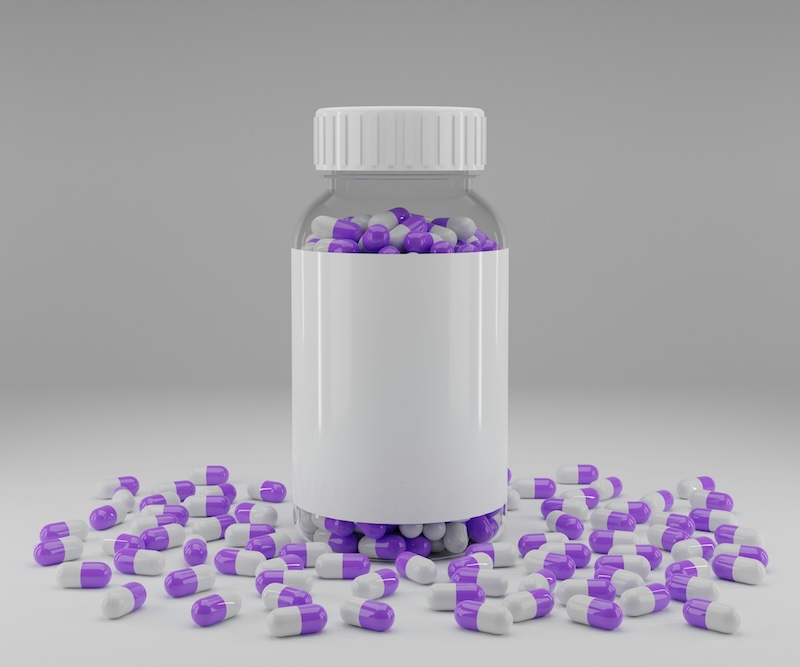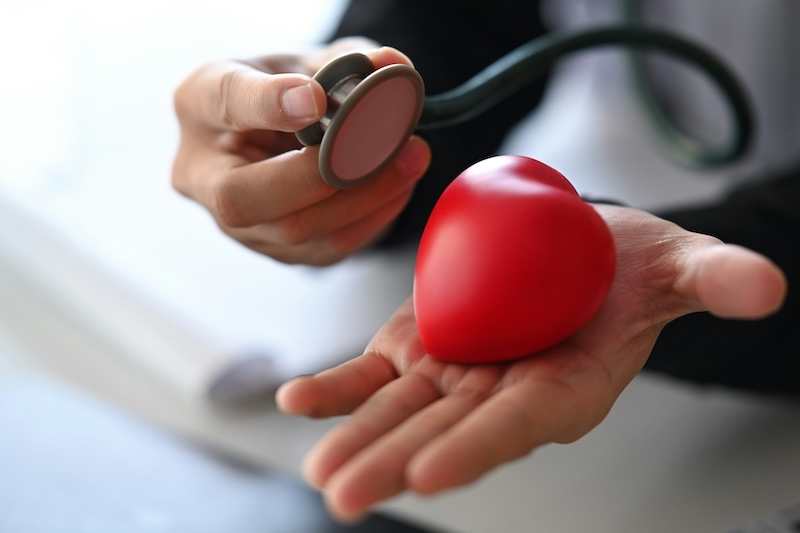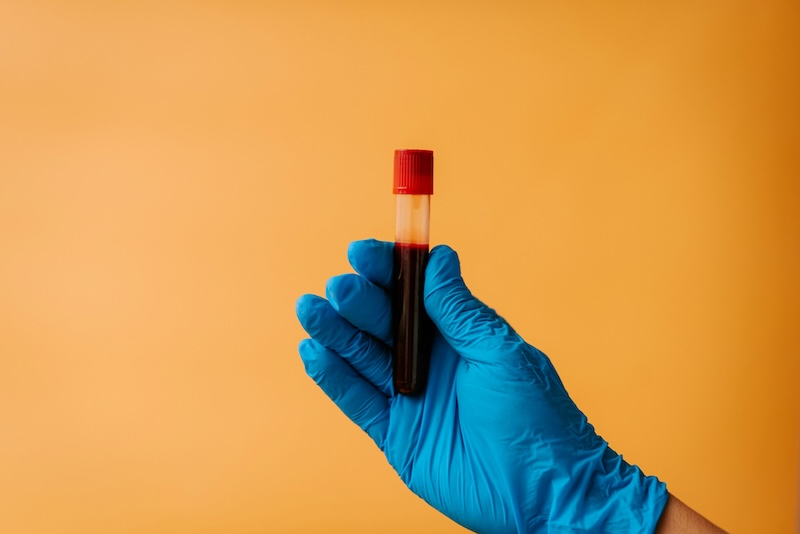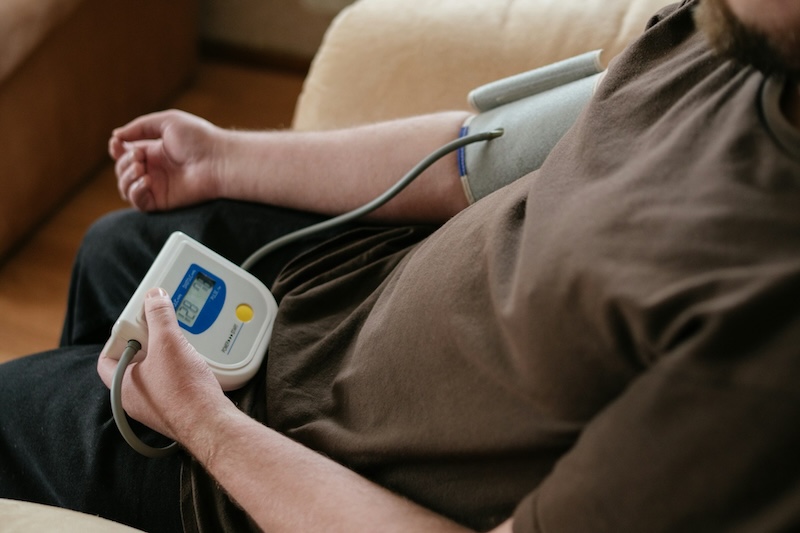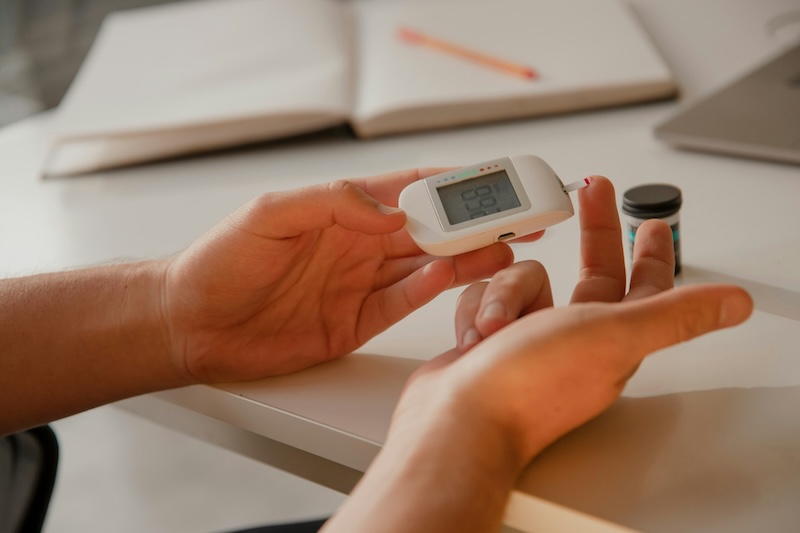Lowering LDL cholesterol—the so-called “bad” cholesterol—is one of the most effective ways to prevent heart disease and strokes. High LDL...
Vous n'êtes pas connecté
 - KNOWRIDGE.COM - A La Une - 16/Aug 10:22
- KNOWRIDGE.COM - A La Une - 16/Aug 10:22
Using high-dose statins first can lower heart disease risk
Lowering LDL cholesterol—the so-called “bad” cholesterol—is one of the most effective ways to prevent heart disease and strokes. High LDL levels can clog arteries, leading to dangerous blockages that may trigger heart attacks or strokes. Medical experts agree that reducing LDL brings both clear and meaningful health benefits. In a new editorial published in Trends […] The post Using high-dose statins first can lower heart disease risk appeared first on Knowridge Science Report.
Articles similaires
Scientists find a new cause of heart disease
For decades, doctors have tried to fight heart disease by focusing on the main risk factors — controlling diabetes, lowering blood pressure, and...
Scientists find a new cause of heart disease
For decades, doctors have tried to fight heart disease by focusing on the main risk factors — controlling diabetes, lowering blood pressure, and...
New blood test could predict heart disease risk better than cholesterol levels alone
For nearly 60 years, doctors have relied on measuring cholesterol levels in the blood to identify people at high risk of cardiovascular disease. But a...
New blood test could predict heart disease risk better than cholesterol levels alone
For nearly 60 years, doctors have relied on measuring cholesterol levels in the blood to identify people at high risk of cardiovascular disease. But a...
Popular blood pressure drug has dangerous side effects
A large study lasting 17 years and including more than 730,000 people has revealed some surprising results about two common blood pressure...
Can we reduce plaque build-up in our arteries?
Heart disease often feels like an inevitable fate once plaque is detected. But evidence shows it doesn’t have to be. Stabilising soft plaques,...
Can we reduce plaque build-up in our arteries?
Heart disease often feels like an inevitable fate once plaque is detected. But evidence shows it doesn’t have to be. Stabilising soft plaques,...
New way to reduce deadly blood clots in type 2 diabetes
A new study from the University of Sydney’s Charles Perkins Centre has uncovered a biological clue that might explain why people with type 2...
New way to reduce deadly blood clots in type 2 diabetes
A new study from the University of Sydney’s Charles Perkins Centre has uncovered a biological clue that might explain why people with type 2...
Les derniers communiqués
-
Evergreen Elevate Heads to Australia to Empower MSPs with Valuable Strategies and Insights on Better M&A Practices
Evergreen Elevate - 29/07/2025
